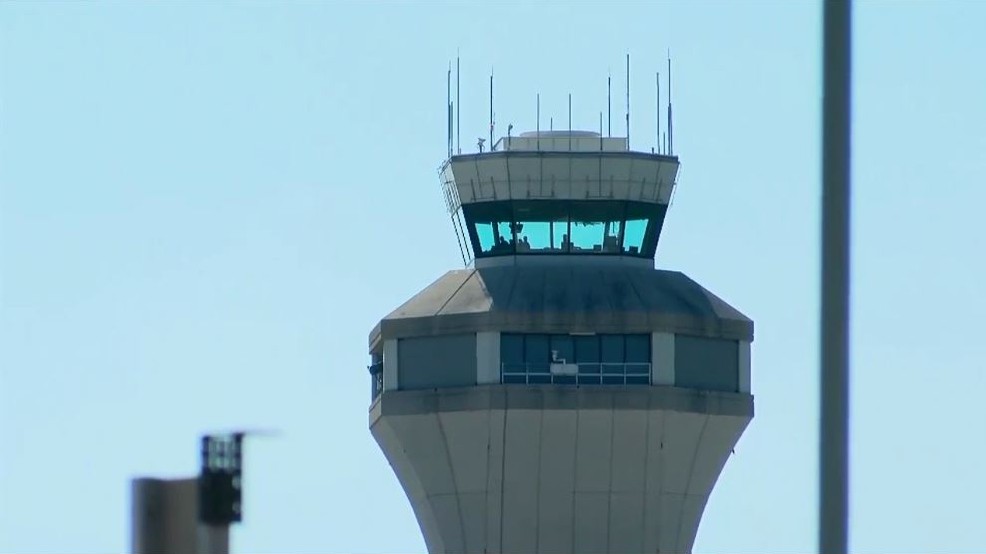Already a subscriber? Make sure to log into your account before viewing this content. You can access your account by hitting the “login” button on the top right corner. Still unable to see the content after signing in? Make sure your card on file is up-to-date.
The FAA has announced a new faster pathway for those seeking to become air traffic controllers.
What’s the deal: In an announcement, the FAA confirmed that Tulsa Community College and the University of Oklahoma are the first institutions selected to participate in its new Enhanced Air Traffic – Collegiate Training Initiative (AT-CTI) program. This program allows graduates from these schools to bypass the FAA Academy in Oklahoma City and move directly to an FAA facility for further training, provided they meet all necessary assessments and qualifications.

Cutting down time: Typically, becoming an FAA air traffic controller involves completing an associate’s or bachelor’s degree, followed by several months of training at the FAA Academy in Oklahoma City. Once they finish the academy, candidates begin on-the-job training at an FAA facility, which can take another two to four years, depending on their progress.
Hiring issues: This move comes as the United States faces a significant shortage of air traffic controllers, with current staffing levels falling short of managing the growing number of commercial flights. This shortage has resulted in delays and disruptions at major airports nationwide. The FAA has been proactive in attempting to hire more air traffic controllers, offering enticing benefits and significant compensation. In 2024, the FAA hired about 1,800 new air traffic controllers—the most in nearly a decade. However, even with this increase, more hires are needed.
US official reacts: FAA Administrator Michael Whitaker commented on the new changes, saying, “The FAA is working to hire and train more air traffic controllers, in order to reverse the decades-long decline in our workforce and ensure the safety of the flying public. The Enhanced AT-CTI program is an important part of that effort. We’re excited to have these schools become pioneers in this initiative and look forward to seeing more applications from schools as we build out these partnerships.“







